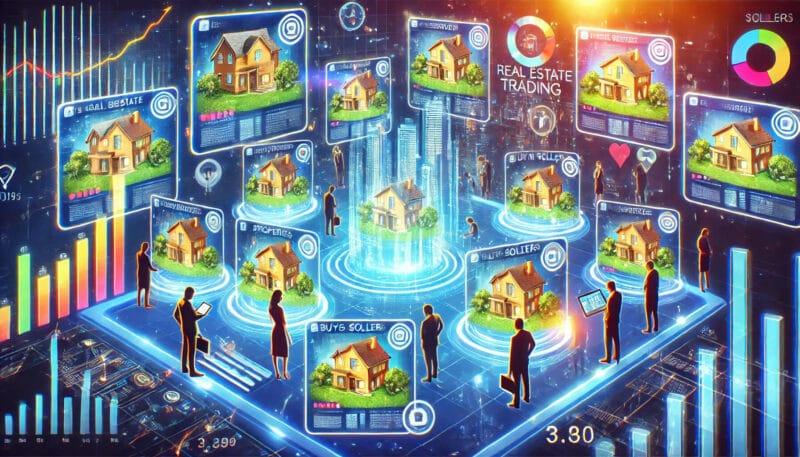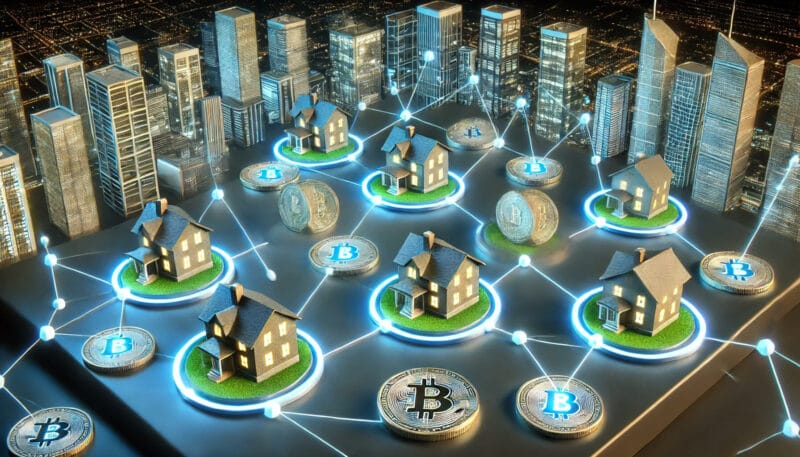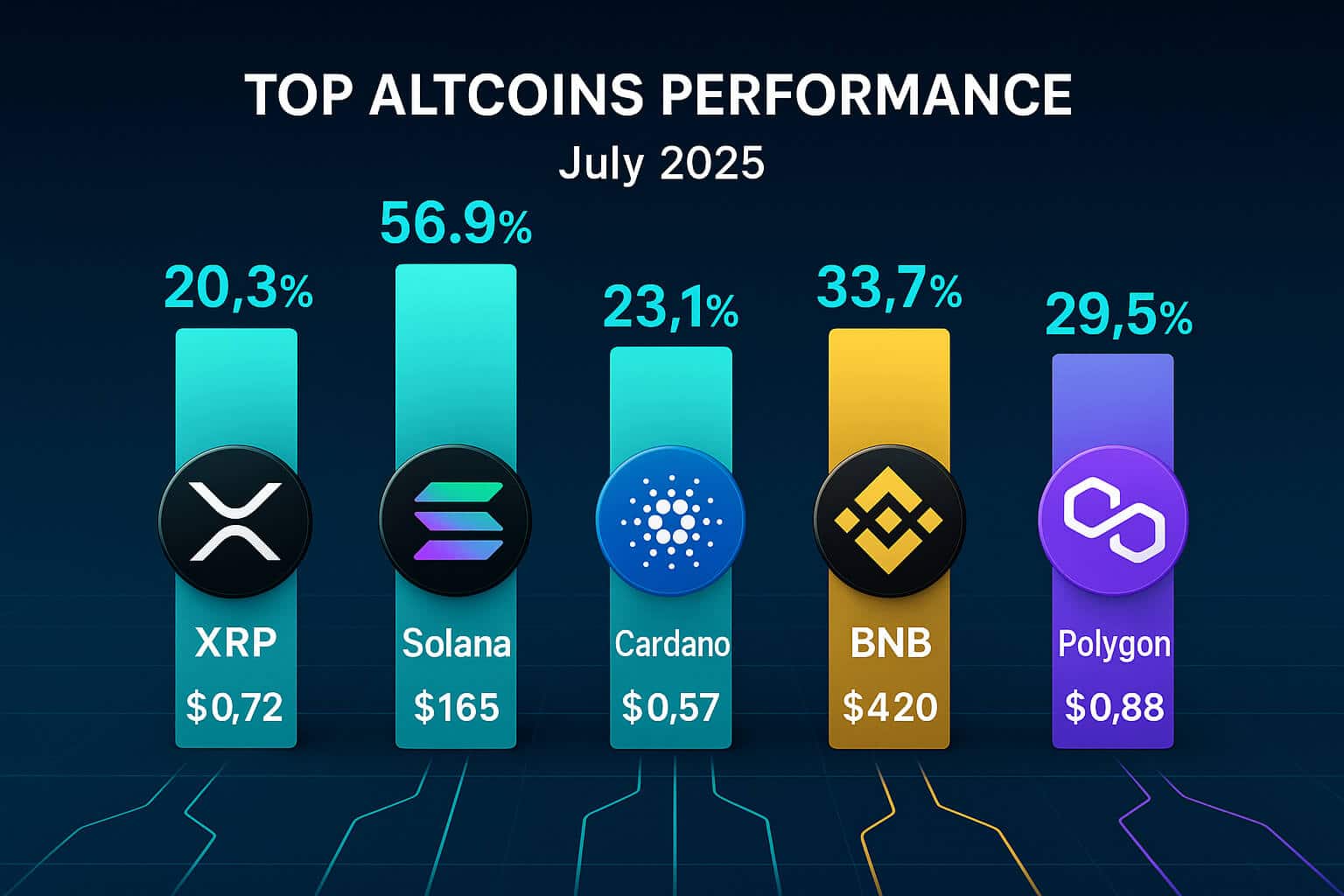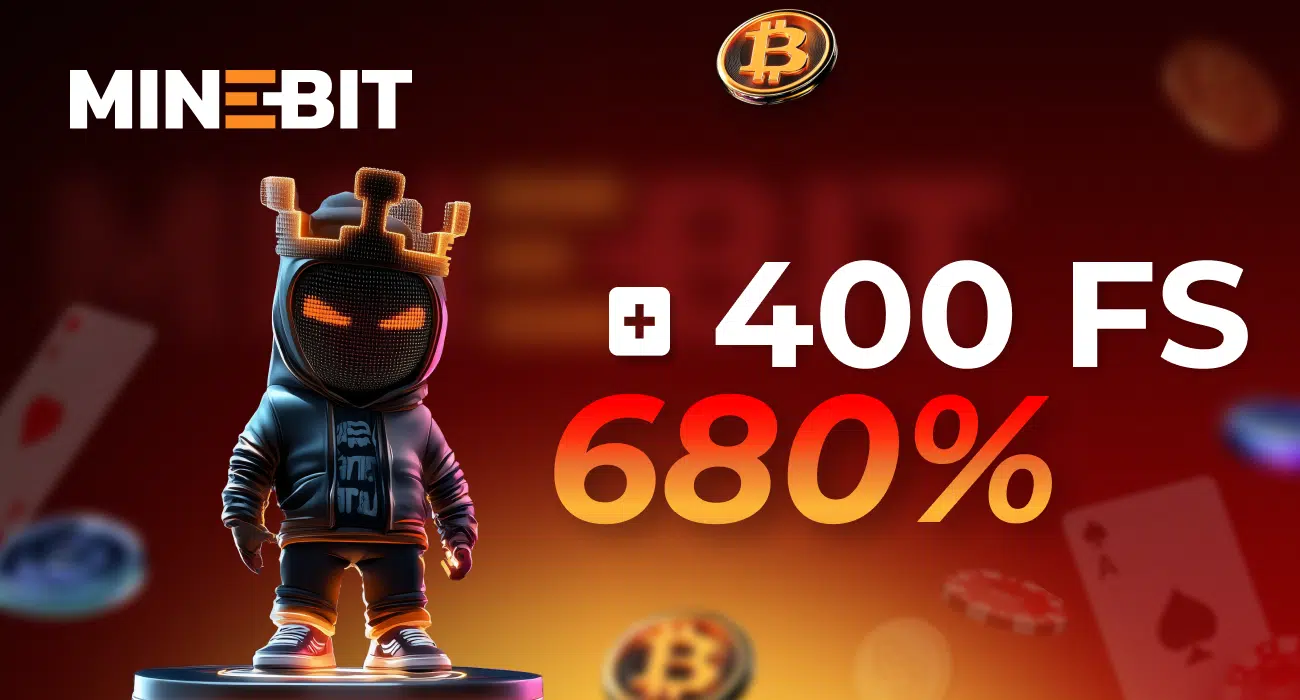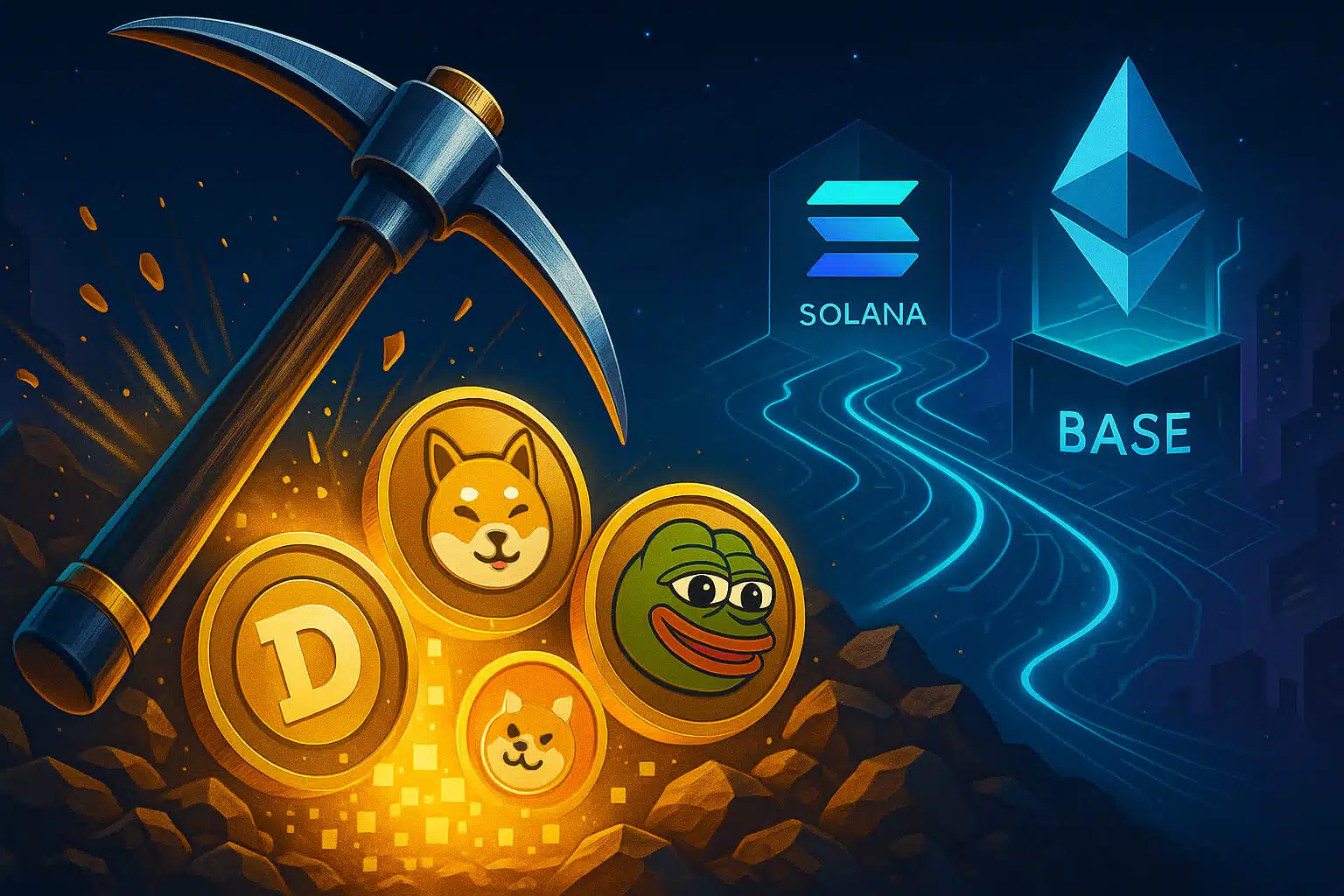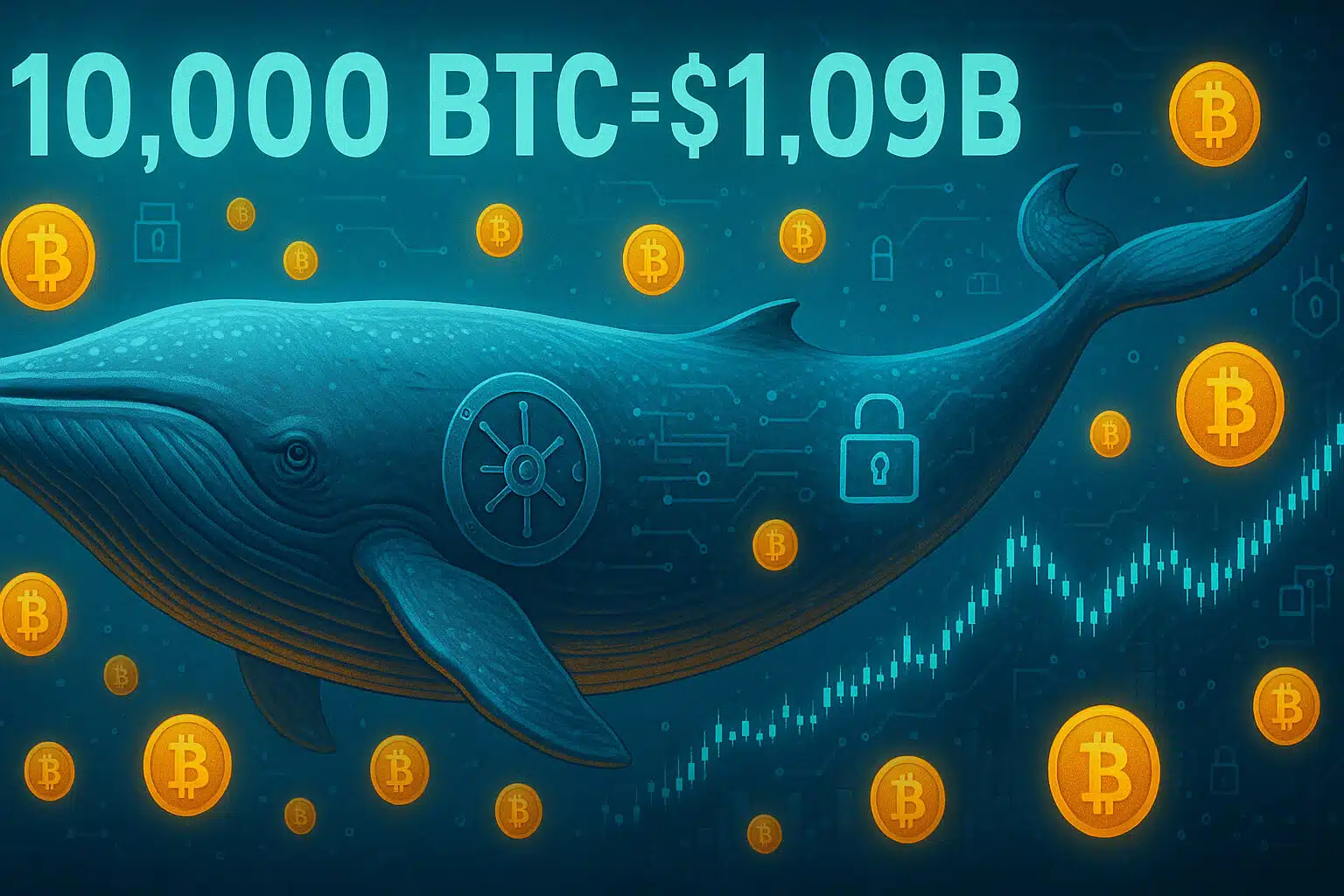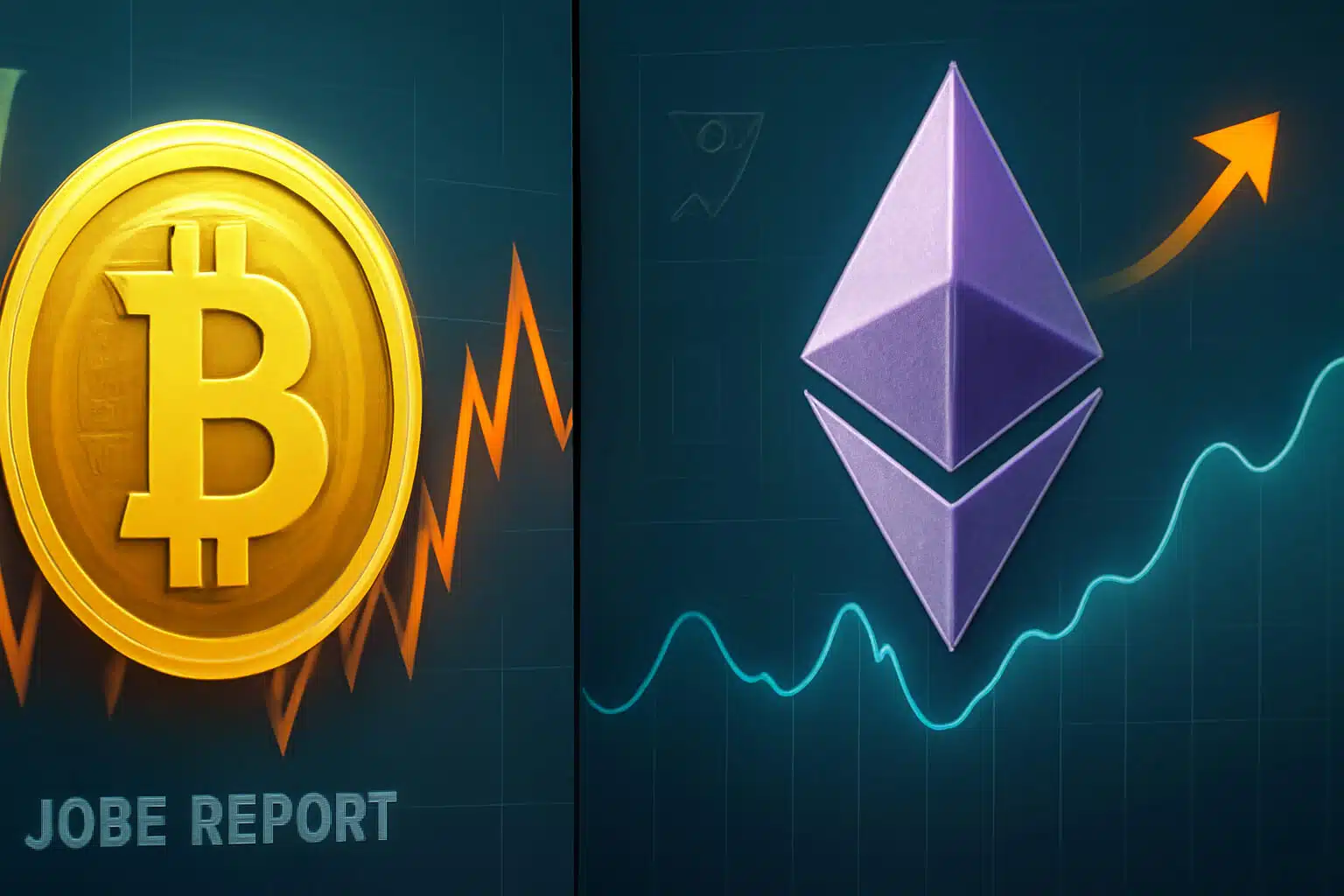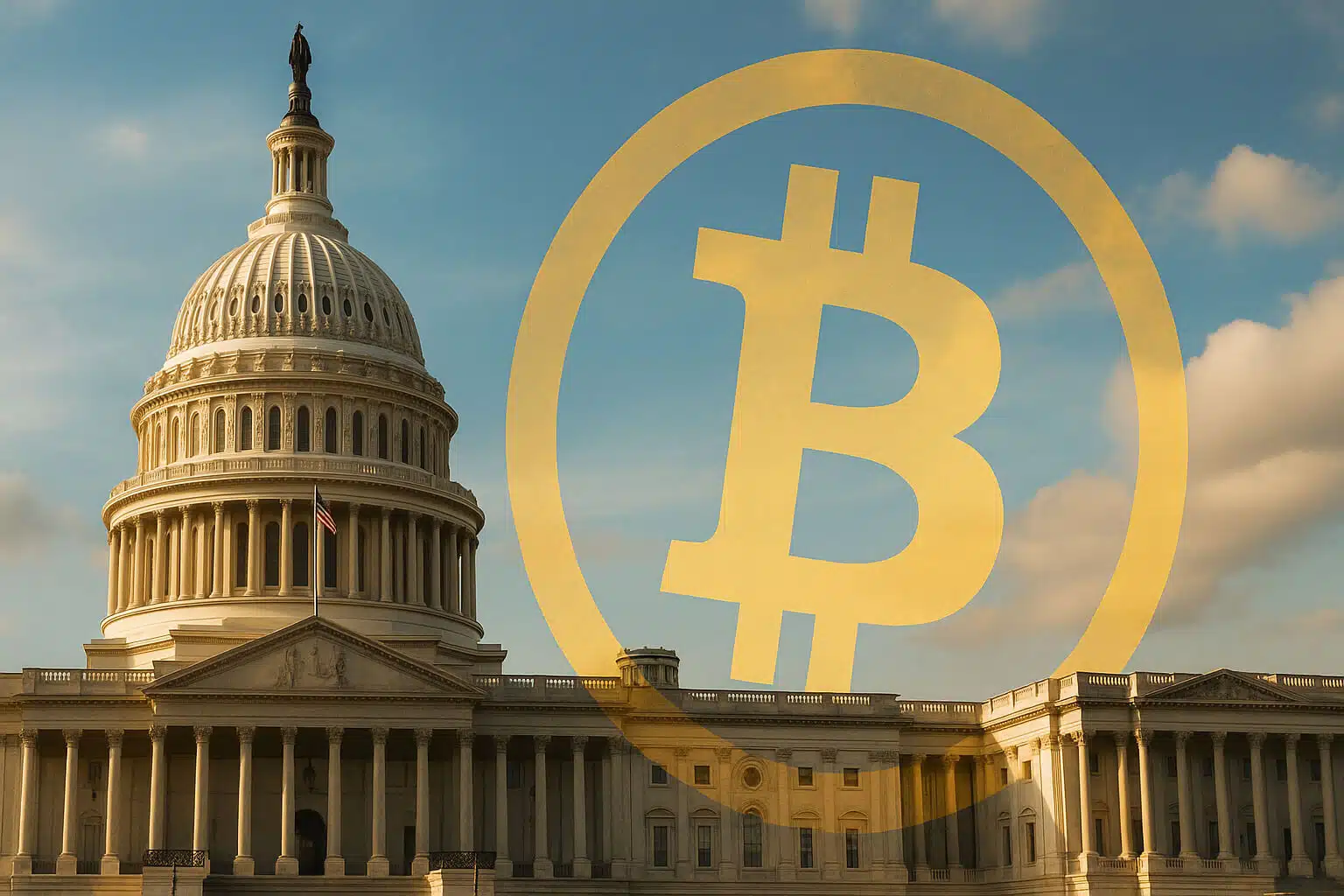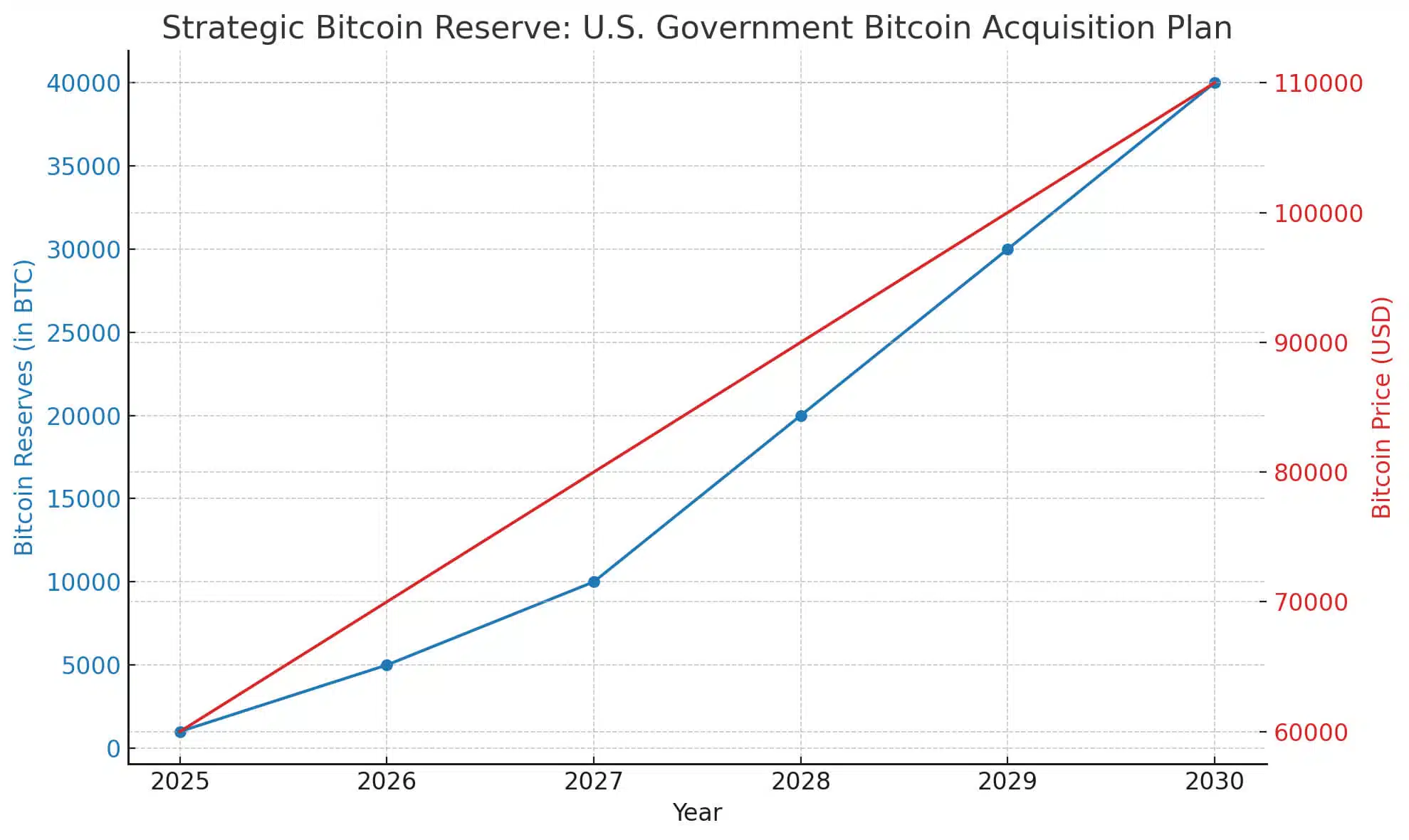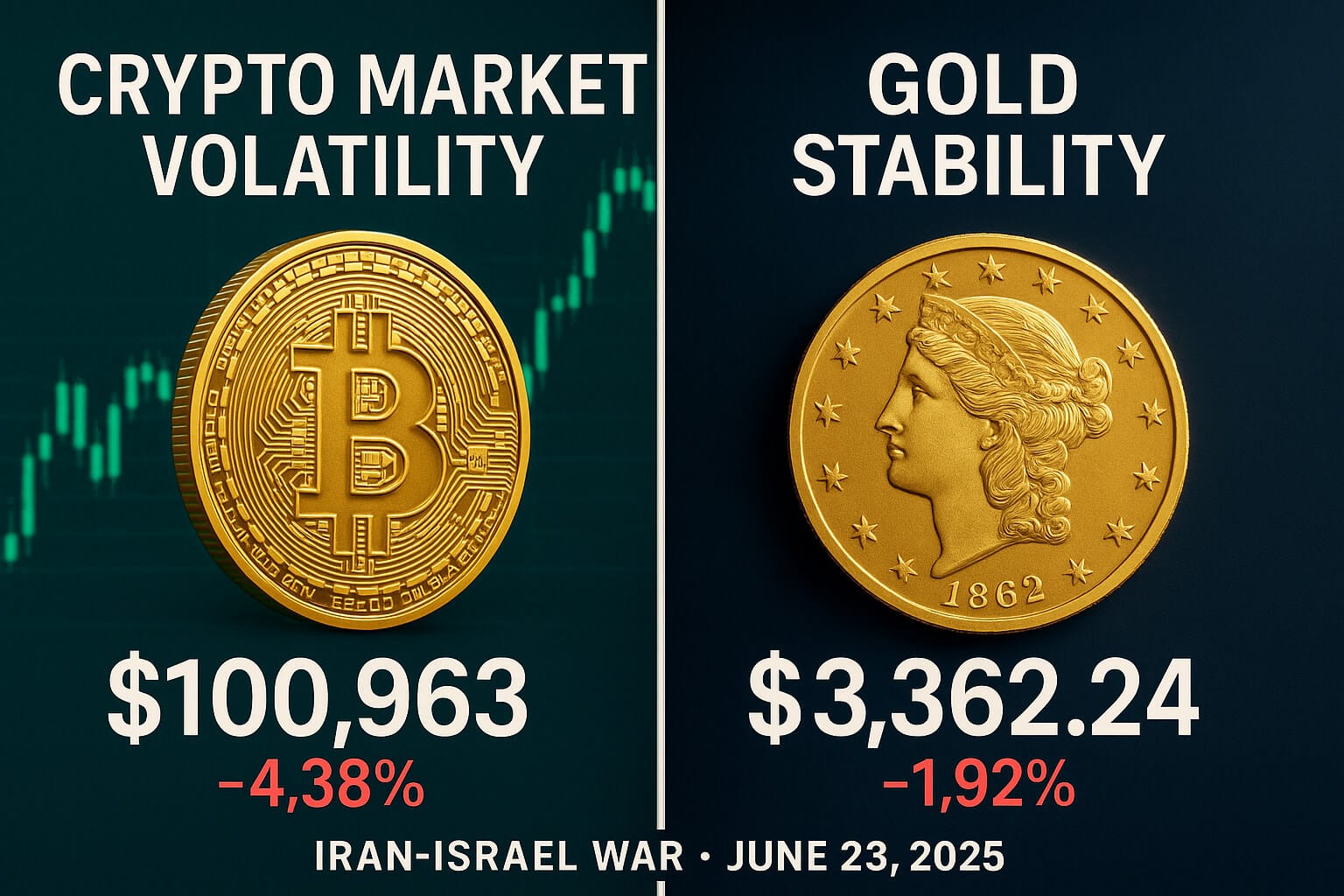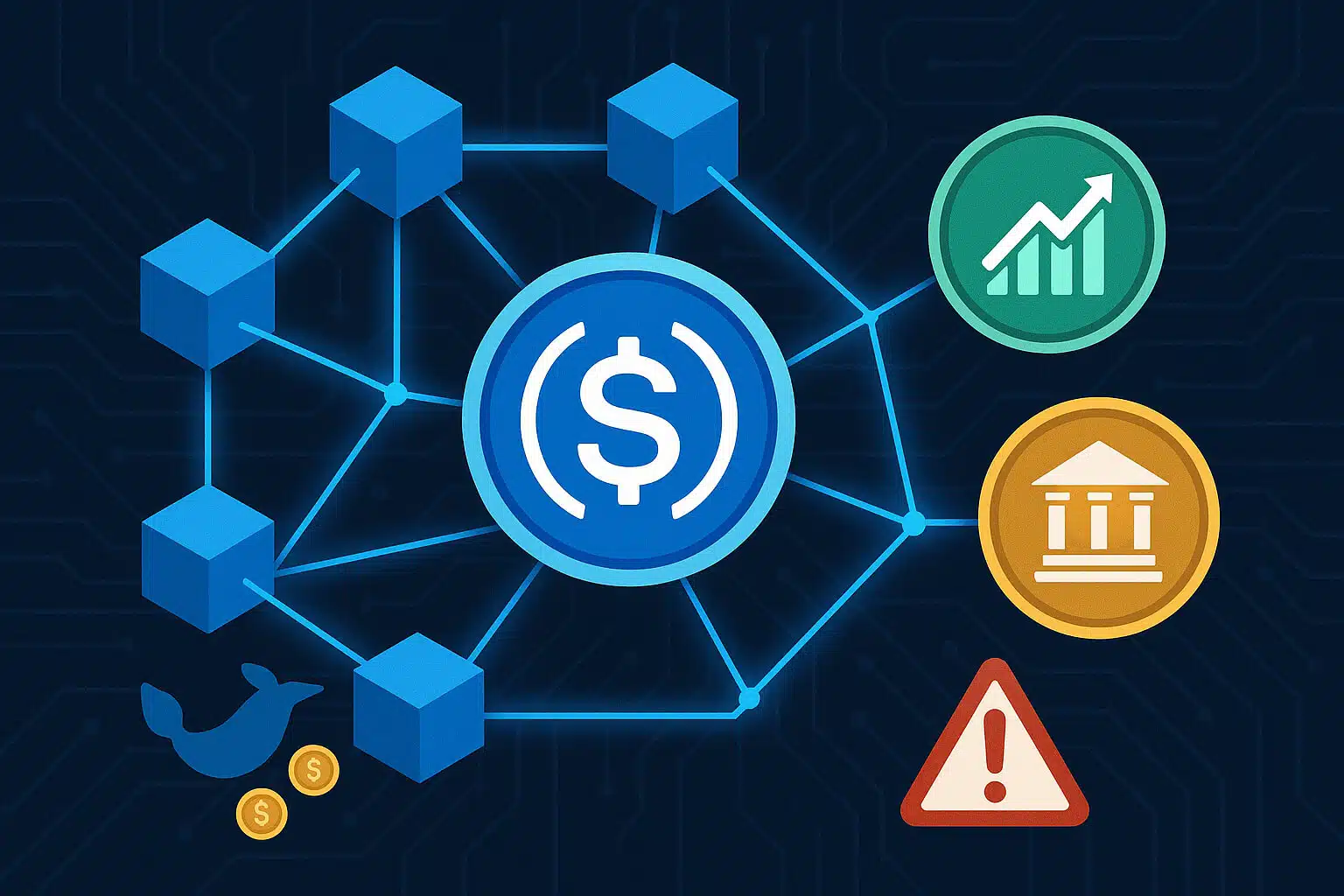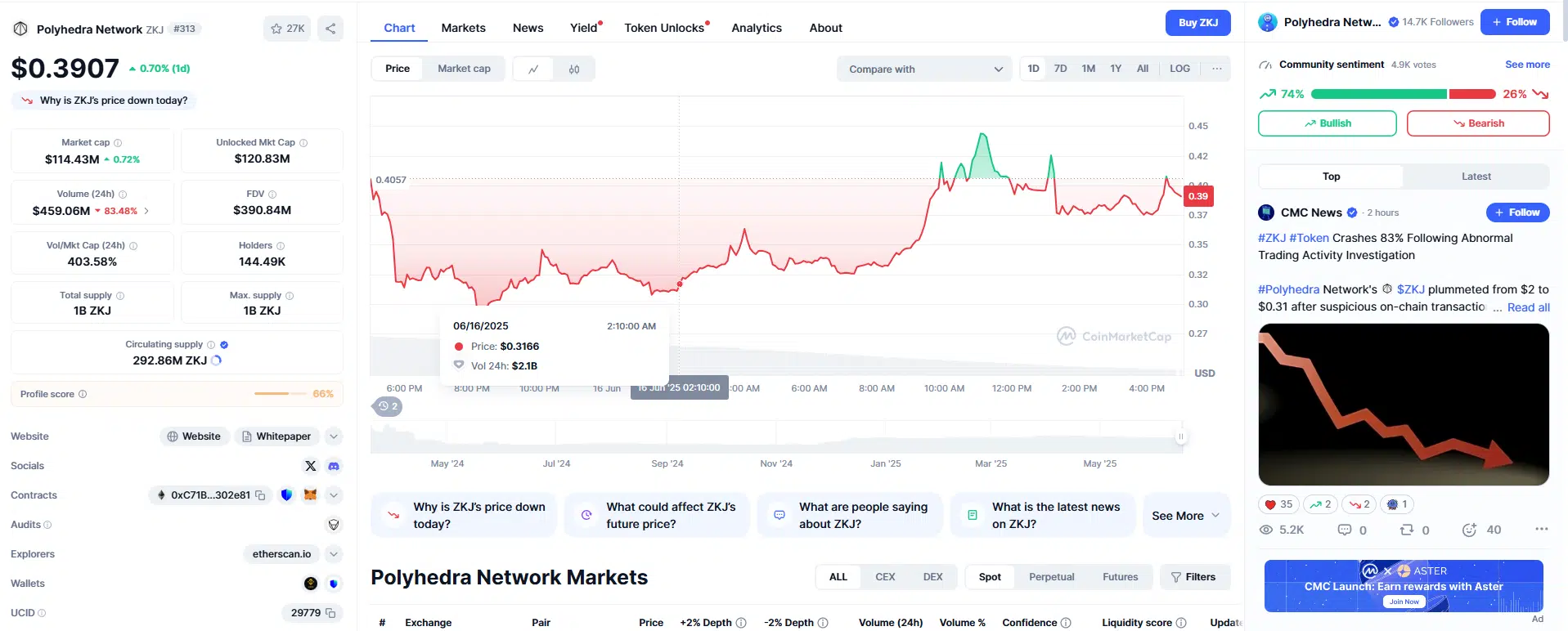Exploring the Concept of Tokenized Real Estate: Revolutionizing Property Investment
1. Introduction: What is Tokenized Real Estate?
Tokenized real estate is rapidly changing how we invest in and own property, leveraging blockchain technology to simplify and democratize the process. Traditionally, real estate investments required significant capital and involved complex transactions. However, tokenization divides real estate assets into smaller, tradable digital tokens on a blockchain, each representing a fractional ownership share. This innovation makes real estate investment more accessible and liquid. In this article, we explore the concept of tokenized real estate, highlighting its benefits, challenges, and the potential impact on the future of property investment.
Why Tokenization Matters in Real Estate:
Tokenization opens up real estate investment to a broader audience, enhances liquidity, and simplifies transactions.
2. How Tokenized Real Estate Works
2.1 The Tokenization Process
Real estate tokenization converts property ownership into digital tokens using blockchain technology. Each token represents a fractional share of the property. Investors buy, sell, or trade these tokens on digital asset exchanges, similar to stocks. Blockchain provides a transparent and immutable ledger of ownership, ensuring security and trust in the process.
- Steps in the Tokenization Process:
- Property Valuation: First, appraisers determine the property’s value.
- Token Creation: Developers create digital tokens representing fractional ownership on a blockchain.
- Offering to Investors: Investors then purchase these tokens through a token sale or real estate platform.
- Trading: Investors trade these tokens on digital asset exchanges, enhancing liquidity.
2.2 Blockchain Technology in Real Estate Tokenization
Blockchain technology plays a crucial role in real estate tokenization by providing a secure, transparent, and decentralized platform for recording transactions. Smart contracts, which are self-executing contracts with the terms written into code, automate the management and transfer of tokens. This process reduces the need for intermediaries, such as brokers and lawyers, and lowers transaction costs.
- Key Blockchain Features:
- Transparency: Blockchain offers a transparent record of ownership and transactions, reducing the risk of fraud.
- Security: Blockchain’s decentralized nature and encryption methods protect against unauthorized access and tampering.
- Efficiency: Smart contracts automate processes, reducing the time and cost associated with property transactions.
3. Benefits of Tokenized Real Estate
3.1 Fractional Ownership and Accessibility
Tokenized real estate offers the significant benefit of fractional ownership. Traditionally, real estate investments required substantial capital, limiting participation to wealthy individuals and institutional investors. Tokenization breaks down this barrier, allowing investors to purchase small fractions of a property, making real estate investment more accessible to a broader audience.
- Fractional Ownership Benefits:
- Lower Entry Barriers: Investors can start with a small amount of capital, making real estate investment more inclusive.
- Diversification: Investors can diversify their portfolios by purchasing tokens in multiple properties across different locations.
3.2 Enhanced Liquidity
Real estate has traditionally been a highly illiquid asset class, meaning it can take time to buy or sell property. Tokenization addresses this issue by enabling real estate tokens to be traded on digital asset exchanges. As a result, investors quickly buy or sell their shares in a property, significantly improving liquidity.
- Liquidity Benefits:
- Quick Transactions: Tokens can be bought and sold on exchanges, allowing for faster transactions compared to traditional real estate.
- Market Access: Investors can access a global market, increasing the chances of finding buyers or sellers.
3.3 Transparency and Security
Blockchain technology ensures that all transactions and ownership records remain transparent and secure. Smart contracts automate and enforce the terms of agreements, reducing the need for intermediaries and minimizing the risk of fraud.
- Transparency and Security Benefits:
- Immutable Records: Blockchain provides an unchangeable ledger of all transactions, enhancing trust and accountability.
- Fraud Reduction: The decentralized nature of blockchain makes it difficult for unauthorized parties to alter records or commit fraud.
4. Challenges of Real Estate Tokenization
4.1 Regulatory and Legal Considerations
Despite the numerous benefits, tokenized real estate faces significant regulatory and legal challenges. The regulatory environment for tokenized assets varies by jurisdiction, and many countries have yet to establish clear guidelines on how these assets should be treated. Ensuring compliance with securities laws, tax regulations, and property laws can be complex and costly.
- Regulatory Challenges:
- Jurisdictional Differences: Different countries have different regulations, making it challenging to navigate the global market for tokenized real estate.
- Compliance Costs: Ensuring compliance with various regulations can be expensive and time-consuming.
4.2 Market Adoption and Awareness
Tokenized real estate remains a relatively new concept, and market adoption is still limited. Many investors and property owners are unfamiliar with the technology and its potential benefits, leading to hesitancy in adopting tokenization. Additionally, more platforms and exchanges that support the trading of real estate tokens are needed.
- Adoption Barriers:
- Lack of Awareness: Many potential investors are unaware of the opportunities presented by tokenized real estate.
- Limited Platforms: The number of platforms supporting real estate tokenization and trading is currently limited.
4.3 Technological and Security Risks
While blockchain technology provides enhanced security, it is not without risks. Smart contract vulnerabilities, hacking, and technological failures could pose significant risks to tokenized real estate assets. Therefore, developers must ensure that the underlying technology remains robust and secure to protect investors and maintain trust in the system.
- Technological Challenges:
- Smart Contract Vulnerabilities: Errors in smart contract code could lead to unintended consequences, such as loss of funds.
- Cybersecurity Threats: Tokenized assets and platforms may be targets for hackers, necessitating strong security measures.
5. The Future of Tokenized Real Estate
5.1 Increasing Adoption and Market Growth
As awareness of tokenized real estate grows, and regulatory frameworks become clearer, the market for tokenized assets is expected to expand. More platforms and exchanges will likely emerge, providing investors with greater access to tokenized properties. Additionally, institutional investors may begin to explore tokenization as a way to diversify their portfolios and increase liquidity.
- Market Expansion:
- New Platforms: The development of more platforms and exchanges will make it easier for investors to access and trade tokenized real estate.
- Institutional Interest: As the market matures, institutional investors may begin to view tokenized real estate as a viable investment option.
5.2 Integration with Decentralized Finance (DeFi)
Tokenized real estate could play a significant role in the growing decentralized finance (DeFi) ecosystem. DeFi platforms enable users to lend, borrow, and trade digital assets without relying on traditional financial intermediaries. By integrating tokenized real estate into DeFi platforms, investors could use their tokens as collateral for loans, trade them on decentralized exchanges, or participate in yield farming.
- DeFi Integration:
- Collateral for Loans: Investors could use tokenized real estate as collateral for DeFi loans, providing them with additional liquidity.
- Decentralized Trading: Tokenized real estate could be traded on decentralized exchanges, increasing accessibility and liquidity.
5.3 Innovations in Smart Contracts and Blockchain Technology
Ongoing innovations in smart contracts and blockchain technology will likely play a critical role in the future of tokenized real estate. Improvements in scalability, security, and interoperability could address many of the current challenges, making it easier and safer to tokenize and trade real estate assets.
- Technological Advancements:
- Improved Scalability: Enhancements in blockchain scalability will allow for more efficient processing of transactions and greater adoption of tokenized assets.
- Enhanced Security: Ongoing developments in cybersecurity and smart contract auditing will reduce the risks associated with tokenized real estate.
Conclusion: The Transformative Potential of Tokenized Real Estate
Tokenized real estate is set to revolutionize property investment by offering enhanced accessibility, liquidity, transparency, and security. While challenges remain, including regulatory hurdles and technological risks, the benefits of real estate tokenization are too significant to ignore. As the market matures and awareness grows, tokenized real estate could become a mainstream investment option, fundamentally changing how we buy, sell, and trade property.
For more insights and detailed analysis on the future of real estate investment, explore our Blockchain and Real Estate section.
Stay Updated
For the latest updates on how blockchain is transforming real estate, follow us on:
Stay informed with the latest strategies and insights in the world of blockchain at FreeCoins24.io.
Special Offer
Looking to explore tokenized real estate opportunities? Sign up on Bybit today and take advantage of up to $30,000 in deposit bonuses. Trade securely on a leading platform as blockchain revolutionizes property investment.


